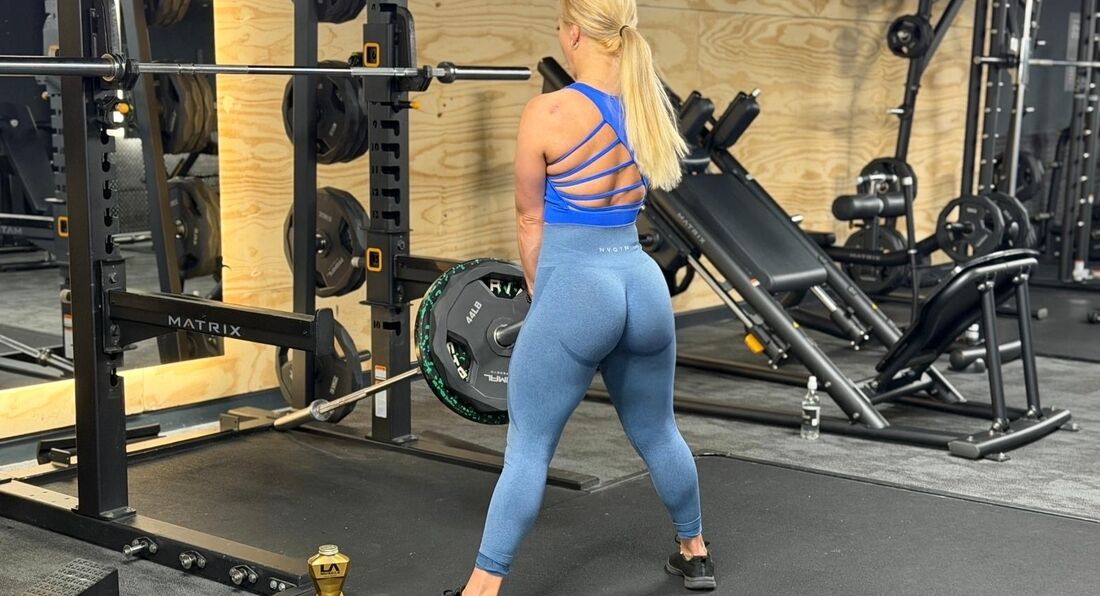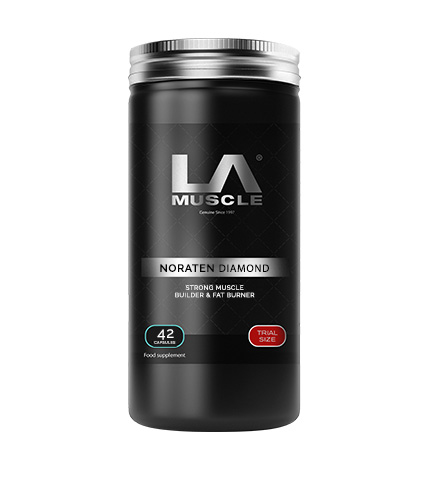The Knowledge > How To Build Muscle >
Monday, 28th November 2022
Light Versus Heavy Weights For Muscle Growth
What science says
By LA Muscle on 28.11.2022 12:20 pm
You've probably heard that "light weights are not good for building muscle" But what does the science say about light vs. heavy weights regarding muscle growth?
There are a lot of myths about weightlifting. So let's look at the science behind light vs. heavy weights and what studies say.
What do we know about muscle growth?
When it comes to muscle growth, what do we know for sure?
First and foremost, we know it's not just about how much weight you lift. If you're lifting too much weight, you can actually do more harm than good.
That's because when you're using heavy weights, your muscles work so hard that they can't recover properly. And if they can't recover properly, they can't grow.
On the other hand, if you're using light weights, your muscles can quickly recover and grow bigger and stronger.
Key difference between light and heavy weights for muscle growth
When it comes to muscle growth, there's a lot of debate about the best approach: " lifting light weights or lifting heavy weights. So which one is better?
The answer to that question depends on what you want to achieve. If you want to focus on strength and power, lifting heavy weights is the way to go. But if you're more interested in muscle size, then lifting light weights is the better option. But if your goal is size and strength together, then you need to lift both light and heavy on different days in your programme.
Why is that? It has to do with something called myofibrillar hypertrophy. Myofibrillar hypertrophy is the type of muscle growth that's caused by lifting heavy weights. When you lift heavy weights, your muscles are forced to adapt and grow in order to handle that load.
But if you lift light weights, your muscles will adapt by getting bigger and stronger, but you won't see as much hypertrophy. In other words, light weights will make your muscles look thinner and more defined.
What science says about light vs heavy weights
When it comes to building muscle, there's a lot of debate about what the best approach is; lifting heavy weights or lifting light weights?
Well, it depends. Lifting heavy weights will definitely help you build muscle mass, but it also comes with the risk of injury. Lifting light weights might not be as effective at building muscle mass, but it's safer, and there's less chance of hurting yourself and you will have quicker recovery.
There is still more scientific research needed to determine which approach is truly the best. But, it's a good idea to mix it up and try both methods to see which one works better for you.
How can you integrate these information into your workout routine?
So now you know the science behind light vs. heavy weights for muscle growth. But how can you integrate this information into your workout routine?
If you're currently using heavy weights, you might want to try switching to lighter weights and doing more reps. This will help fatigue the muscle more, leading to better growth.
Conversely, if you're using light weights, you could try increasing the weight and doing fewer reps. This will put more stress on the muscle, leading to better growth.
It really depends on your current fitness level and goals. But as with anything else in life, experimentation is key. So give a few of these strategies a try and see what works best for you.
Some other factors that affect muscle growth
So, now you know the science behind light vs. heavy weights for muscle growth. But what else affects muscle growth?
Here are some other things to keep in mind:
- Protein intake: Your body needs protein to build muscle, so ensure you eat enough. You might need more protein if you're exercising. So you should supplement with LA Whey Gold Diet to boost your protein intake.
- Rest: Make sure you give your muscles enough time to recover between workouts. Rest is just as important as working out.
- Intensity: The higher the intensity of your workout, the more muscle growth you'll experience. So push yourself!
- Supplementation : Use the right supplements for muscle growth. Norateen Heavyweight II is a natural testosterone booster that will not only help you get stronger and lift heavier but will also increase your lean muscle mass like no other supplement in the world.





























